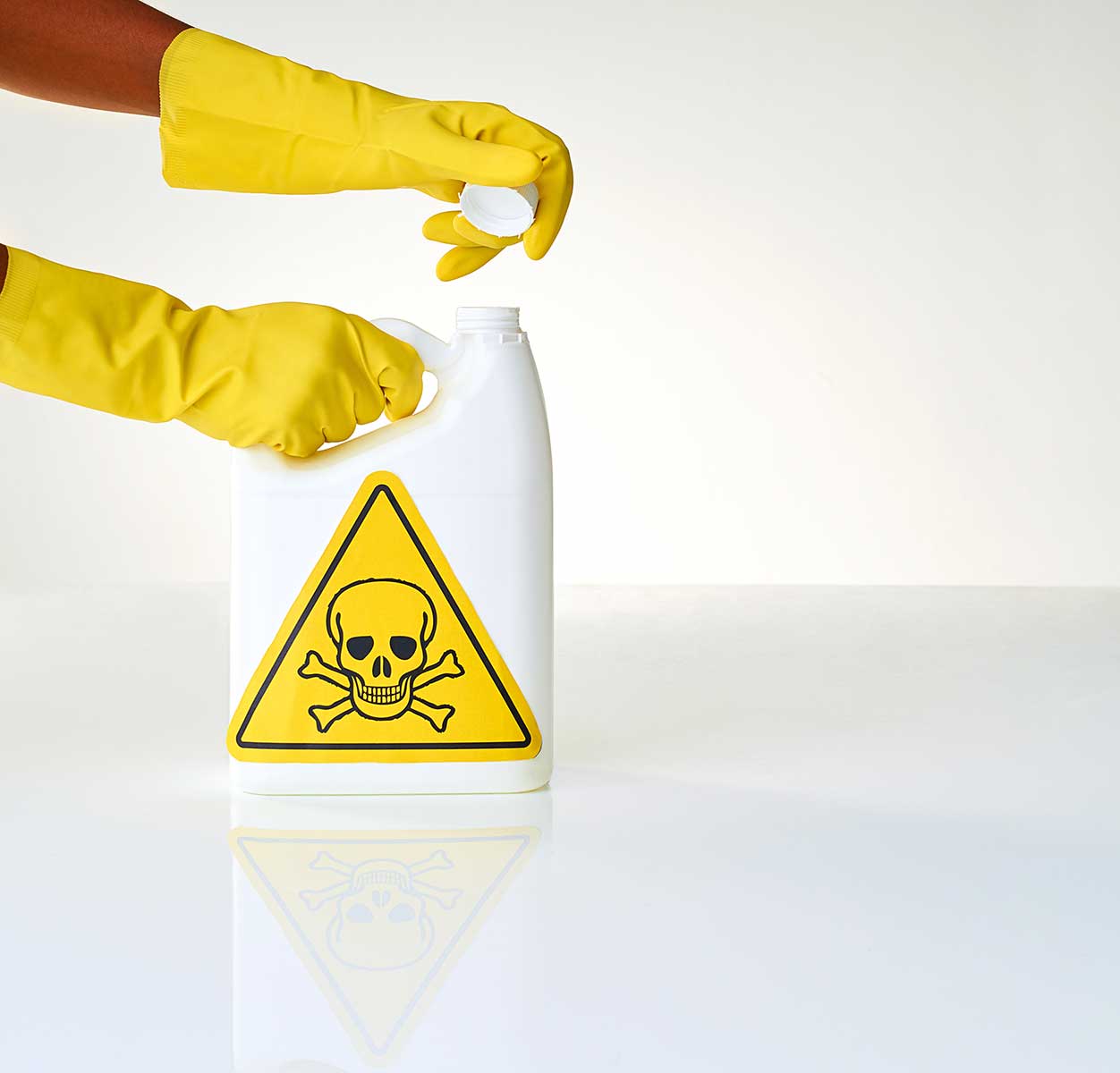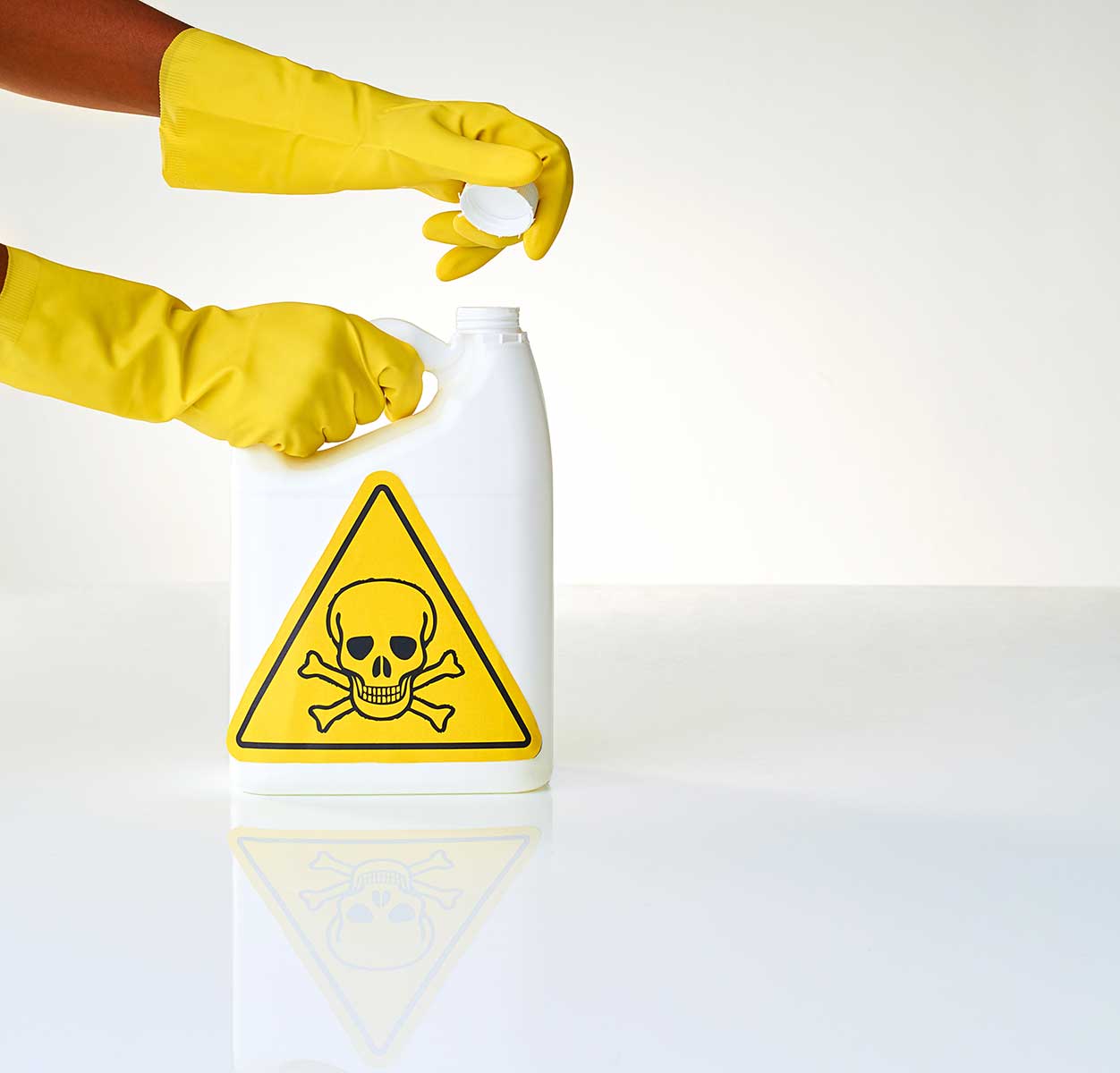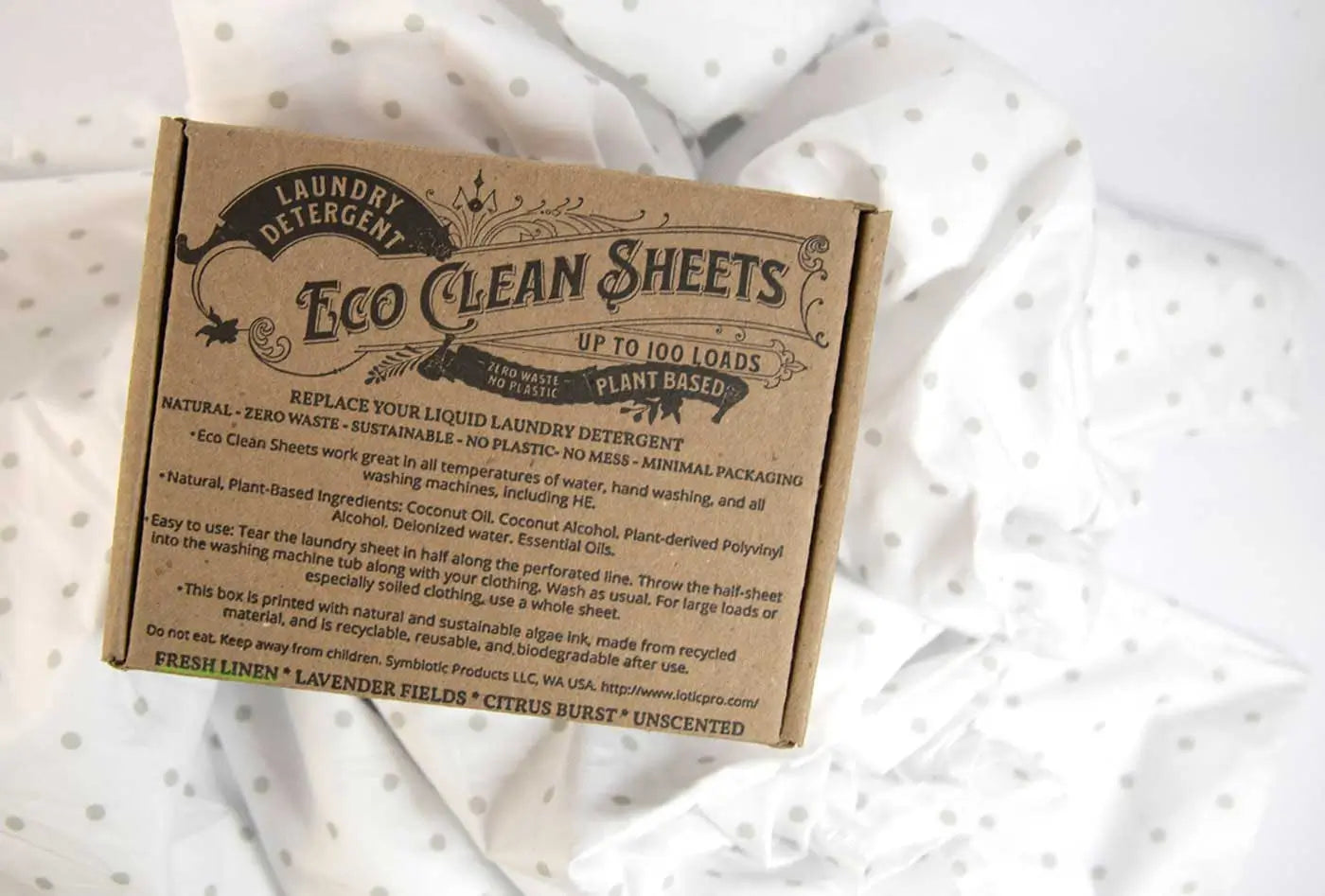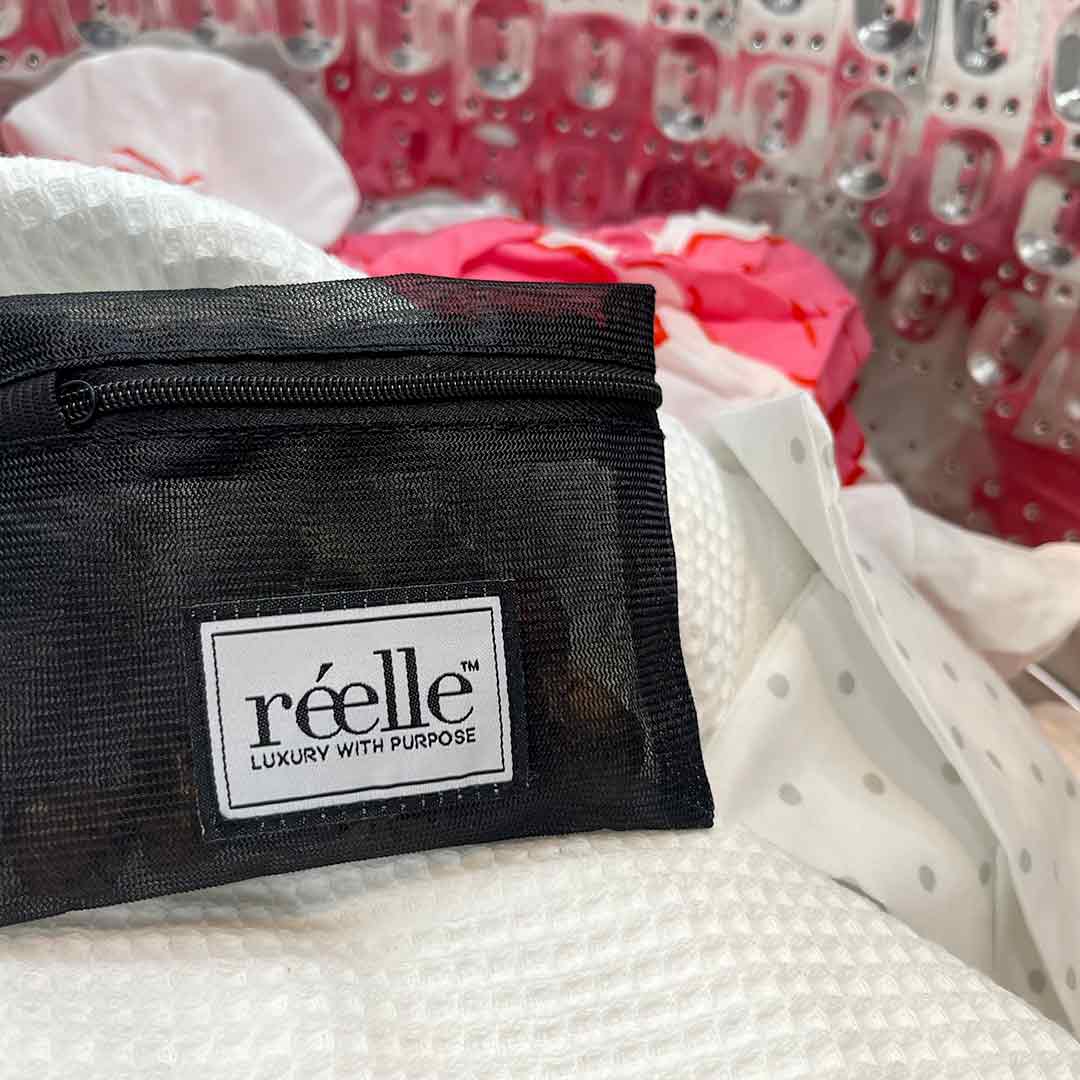How Toxic are We Talking Here?
First, let's talk about how toxic your average detergent is. Most conventional detergents contain a host of chemicals that can harm both the environment and your health. Some of the most common culprits include phosphates (which cause algae blooms and kill fish), synthetic surfactants (which can harm aquatic life), and chemical-based optical brighteners (which are not biodegradable and can accumulate in waterways).

These chemicals not only harm the delicate ecosystems that surround us but can also enter our bodies through our skin and lungs. When these chemicals enter the waterways, that is when aquatic creatures and healthy plant life suffer the consequences of our choices. Phosphates, to get very specific, lead to an excess of algae growth, which decreases oxygen in the water, suffocating fish and other creatures. Additionally, the chemicals found in laundry detergents are often non-biodegradable, which means they stay in the environment for years, damaging everything they come into contact with. One of the most concerning caustic elements found in detergents and soaps is Sodium Hydroxide, which according to the CDC, depending on the amount and habitual contact frequency, can burn eyes, skin and inner membranes as well as suspects contributing to potential hair loss.
Awareness and Making Informed Choices
So, what can we do to avoid these harmful chemicals in our laundry care routine? First, we can opt for eco-conscious laundry detergents, softeners, and stain removers, paying close attention to how they are packaged and distributed. Most natural detergents and cleaning products are made with plant-based, organic and whole ingredients that won't harm the environment or our health.
Look for bio-based and natural stain-fighting enzymes and plant-based optical whiteners. Some great options include soap nuts, laundry strips, and environmentally friendly liquid detergents. Plastic laundry containers are a distinct cause for concern and produce a tremendous amount of waste. Look for products that boast utilizing recycled material, biodegradable elements, and reusable methods, including cornstarch-based bioplastics that reduce the amount of C02 emitted into the environment over fossil fuel generation plastics.
Another eco-friendly laundry option is using detergents in refillable and recyclable packaging. These packaging options reduce waste and the carbon footprint of each person. Besides, buying bulk detergent refills saves money and reduces single-use plastic waste.
Beyond choosing an eco-friendly detergent, we can also make simple changes to our laundry routine that can have a big impact. For example, using cold water instead of hot water can drastically reduce the amount of energy used during the wash cycle. You might also consider purchasing a high-efficiency washing machine, which uses less water and energy than traditional models. Consider if you are over-washing your clothes. How much wear can you get in between wash cycles with each article of your wardrobe in a given week? Not only are you saving water and energy, but you are also preserving your apparel from wearing down faster than it should.
Another simple switch is to opt for reusable dryer balls instead of single-use dryer sheets. Dryer sheets can contain harmful chemicals and produce unnecessary waste, but dryer balls are reusable and can help reduce wrinkles and static cling. It also helps to disperse the articles of clothing in the drying cycle, and more efficiently and evenly dry each load - which can lead to shorter drying times and less energy usage.
And yet, we can also consider using more natural and homemade cleaning products in our laundry routine. For example, using vinegar instead of fabric softener can help soften clothes and reduce static cling, while also being much better for the environment. White vinegar can help to perk up your whites! Also, adding baking soda to your routine will balance the PH levels from becoming too acidic or alkaline, while it cleanses, deodorizes and softens clothing.
So Here’s the REAL Challenge!
Start with small, deliberate steps, one at a time - so they stick in your retrofitted laundry care routine!
By making small, eco-friendly changes to our laundry routine, we can reduce our impact on the environment and avoid harmful chemicals that can harm both the planet and our health. From choosing environmentally friendly laundry detergent to making simple switches like using reusable dryer balls, there are many easy steps we can take to make a difference. So next time you do laundry, think about the impact your choices have and make smarter, more sustainable choices that benefit both you and the planet.
Cheers to you! #ecolover








